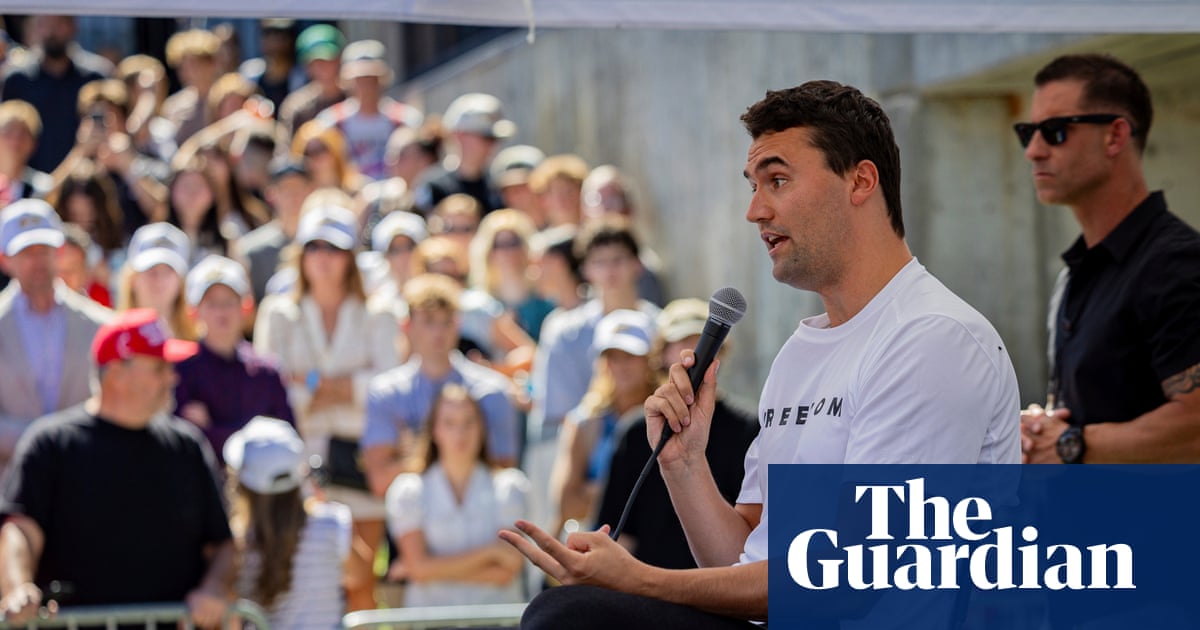by BLACK ENTERPRISE Editors
September 10, 2025
This isn’t just a polarized disagreement.
Written by Dr. Russ Wigginton
Black history museums across the country are confronting a growing wave of challenges fueled by recent executive orders and sweeping federal oversight. Such directives are a threat to undermine the integrity of fact-based historical interpretation and threaten to silence the very stories our institutions were built to preserve.
The National Civil Rights Museum at the Lorraine Motel, founded in 1991, 23 years after the April 4, 1968, assassination of Dr. Martin Luther King, Jr. on the hotel balcony outside of Room 306, maintains a mission to honor and preserve King’s legacy. We chronicle the American civil rights movement and tell the story of the ongoing struggle for human rights. We educate and serve as a catalyst to inspire action to create positive social change.
We remain steadfast and unapologetic about this mission.
Since our founding, our work has been grounded in well-researched and documented facts and data that speak to all aspects of our nation’s history.
Though private museums like the National Civil Rights Museum are not directly under federal control, we are not immune. The climate of fear, intimidation, and politicization extends beyond federal borders, seeping into state curricula, school partnerships, corporate giving, and philanthropic support. When school districts hesitate to schedule visits, when donors quietly back away, and when sponsors grow wary of being associated with “controversial” history, the impact is felt in real time—in attendance numbers, budget lines, and program cuts.
This isn’t just a polarized disagreement. It’s a calculated campaign to rewrite, repress, and reframe America’s racial history into what some might consider a more comfortable or easier-to-digest narrative. When oversight turns into censorship, and educational policy becomes propaganda, our democracy is questioned.
Yes, we’ve endured funding crises in the past. We’ve weathered recessions, political swings, and cultural backlash. In certain ways the threat of this moment feels different. But make no mistake about it, we have been here before—in post-Reconstruction and Jim Crow eras, for sure. The only way places that preserve the richness of Black history move forward in this moment is with persistence and pride.
We will remain resilient. Museums like ours have always been more than buildings with artifacts. We are community anchors, truth-tellers, and keepers of memory. We will not be bullied into silence, nor will we allow history to be erased.
But we cannot stand alone.
In this time of economic uncertainty and political pressure, the most powerful response is public action. The will of the people—not just at the ballot box, but at the museum box office—will decide what future we build. Every visit, every membership, every donation is a statement that history matters, that truth matters, and that the stories of ALL Americans will not be buried.
Let this moment be a call not just to resist, but to recommit.
Courtesy National Civil Rights Museum
Dr. Russ Wigginton serves as the president of the National Civil Rights Museum. He assumed this role in 2021 and has vast experience in education, fundraising, operations, and community engagement. Wigginton was the chief postsecondary impact officer for the Tennessee State Collaborative on Reforming Education (SCORE) from 2019 to 2021, where he led the organization’s work for postsecondary access, retention, and completion. He served as vice president for student life and dean of students at Rhodes College in Memphis from 2017 to 2019, where he oversaw the college’s co-curricular experience for students.







